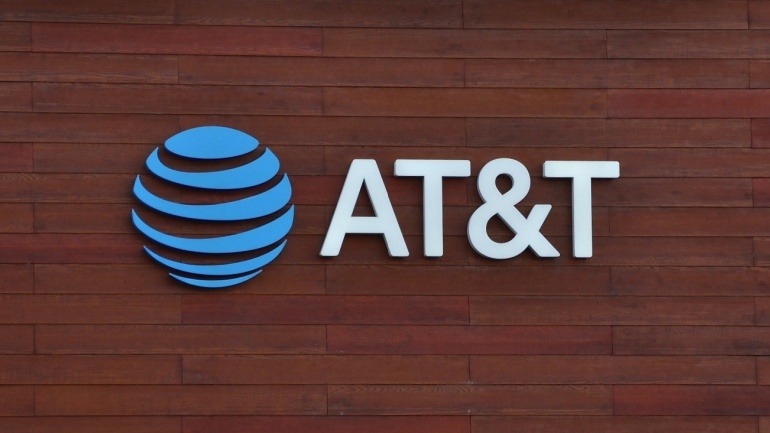Cellnex Telecom, a leading passive infrastructure specialist, has unveiled plans to bolster its operations by venturing into land acquisition. The move aims to secure the areas surrounding its mobile sites, providing greater stability in future costs.
At the recent Capital Markets Day, Cellnex revealed its intention to delve into land acquisition, a strategy overshadowed by its prior deal to divest its Irish business to Phoenix Tower International. However, following the annual shareholder meeting, CEO Marco Patuano disclosed the establishment of a new subsidiary dedicated to acquiring land and rooftop locations. The subsidiary, dubbed Celland, will initially focus on purchasing land in selected countries, aiming at around 10,000 sites.
Celland’s inception marks a strategic shift for Cellnex, aligning with its goal to improve its EBITDAaL margin by 500 basis points by 2027. The acquisition of land is seen as a means to predict and control lease costs, crucial for enhancing efficiency and shielding the company from inflationary pressures.
According to El Economista, Celland will cover countries including Spain, Italy, France, Portugal, and Poland. The decision whether to integrate existing land parcels or commence with new acquisitions remains undecided, with tax implications favoring the latter.
The move mirrors a prevalent business model in the US, where infrastructure companies commonly own a significant portion of land hosting their infrastructure. Celland’s strategy also extends to brokering deals for rooftop sites, offering lucrative lease agreements to building owners.
Despite the substantial investment required, Cellnex sees the initiative as a prudent step forward, aligning with its transition to organic growth and divestment of non-core assets. The ongoing process of shedding its expansionist image includes divesting assets like Cellnex Ireland and potentially Cellnex Austria.
Additionally, Celland presents a potential monetization avenue, with speculation about the involvement of minority investors in the future. However, with the business slated to commence operations later this year, details on such partnerships are yet to emerge.
In summary, Cellnex’s foray into land acquisition represents a strategic pivot towards sustainable growth and cost management, positioning the company for continued success in the evolving telecom infrastructure landscape.







